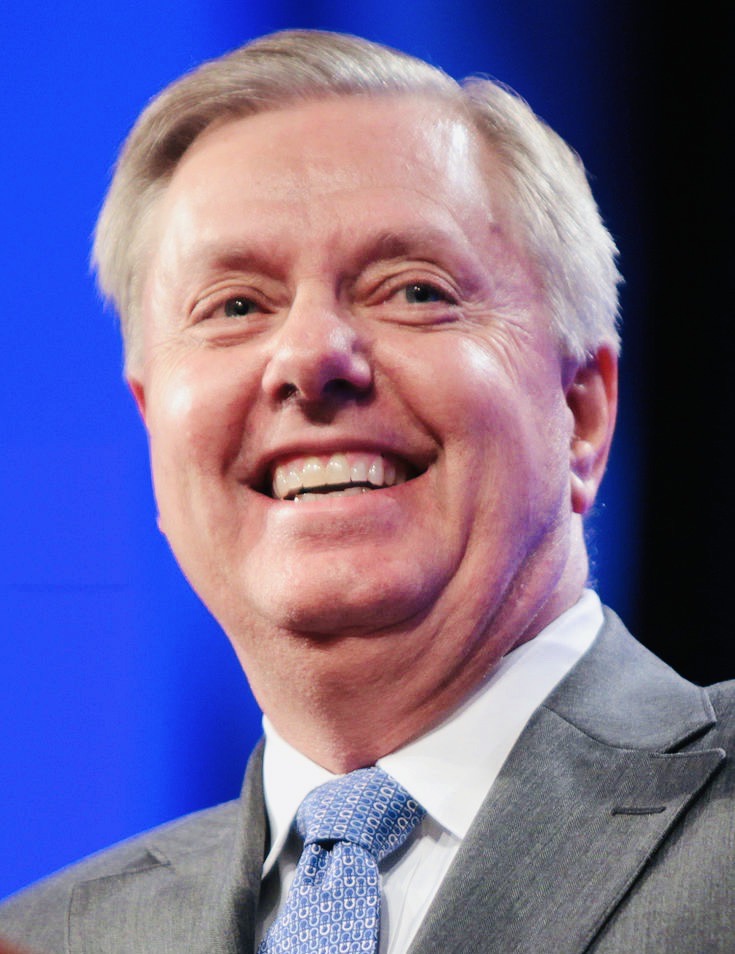Ten days after Hamas terrorists stormed southern Israel in a devastatingly effective attack that claimed the lives of 1,200 Israelis and foreigners and shattered its sense of security, Iran’s supreme leader, Ayatollah Ali Khamenei, warned that Israel’s ferocious military response would cause a violent reaction throughout the Middle East.
His prediction has proven to be correct.
Since October 17, Iranian proxies in the region have attacked U.S. military bases in Iraq and Syria more than 70 times and injured scores of American troops, fired drones at a U.S. destroyer in the Red Sea, seized an Israeli-owned commercial ship in the same body of water, and launched ballistic missiles toward the Israeli port of Eilat.
Hezbollah, the Lebanese militia regarded as Iran’s chief regional proxy, reacted violently to Israel’s offensive even before Khamenei issued his warning. In a show of solidarity with Hamas, Hezbollah has launched a succession of rockets, mortars and anti-tank missiles at Israel.
These brazen acts of aggression have elicited a proportionate Israeli retaliatory reaction. During this period, six Israeli soldiers, nearly 100 Hezbollah fighters, a few Palestinians aligned with Hezbollah, and a small number of Israeli and Lebanese civilians caught in the cross fire also have been killed along the Lebanese border.
In addition, Israel has had to evacuate tens of thousands of people living close to the frontier. These evacuations have dealt a serious blow to Israel’s economy.
On December 6, Defence Minister Yoav Gallant said he does not expect residents living near the border to return to their homes until Hezbollah forces move or are moved north of the Litani River, in accordance with United Nations Security Council Resolution 1701, which ended the 2006 second war in Lebanon. Gallant expressed hope that this could be accomplished through diplomacy. But if this method fails, as is most likely, Israel would be prepared to use force, he added.
The pro-Iranian militias that have struck U.S. bases, targeted vessels in the Red Sea and attempted to bomb Eilat run the gamut from Kataib Hezbollah in Iraq to the Houthis in Yemen. Both members of the so-called Axis of Resistance, they have exploited the Israel-Hamas war in support of Iran’s twin aims of expelling U.S. forces from the Middle East and achieving a ceasefire to end Israel’s invasion of Gaza.
The attacks they have mounted are designed to impose a human and material cost on the United States for backing Israel’s air and ground campaign in Gaza and to erode Washington’s willingness to retain military bases in Iraq and Syria.
At last count, the U.S. maintained a force of respectively 2,000 and 900 troops in Iraq and Syria.
The U.S. pulled the bulk of its soldiers out of Iraq in 2011, leaving a small residual force to guard the American embassy in Baghdad, train Iraqi soldiers, and fight remnants of the Islamic State organization, which had created a caliphate in Iraq and Syria.
Two-and-a-half years ago, in chaotic fashion, the U.S. withdrew its last remaining troops from Afghanistan.
These withdrawals emboldened Iran, leading it to believe that U.S. forces in Syria and Iraq could also be pushed out, as the commander of Iran’s army, General Mohammad Bagheri, noted in Baghdad on December 3.

Animated by this goal, Iran has encouraged its proxies to attack the United States and Israel. Iran itself has been careful not to get directly involved in these provocative incidents.
Pro-Iranian proxy attacks have occurred despite the U.S.’ decision to deploy two aircraft carrier groups in the Mediterranean Sea and the Persian Gulf. Their presence there has not deterred Iran or its proxies. Nor have U.S. reprisal raids. Indeed, the number of such attacks have increased since the outbreak of the Israel-Hamas war.
The United States, being particularly concerned by the spate of attacks against its own vessels and commercial shipping in the Red Sea, has conducted discussions with allies to establish a naval task force to guard such vessels.
Jake Sullivan, U.S. President Joe Biden’s national security advisor, said recently that Iran has enabled Houthi piracy in the Red Sea. As he put it, “Iran is the ultimate party responsible for this.”

Sullivan said the United States will “take appropriate action” in consultation with allies “at a time and place of our choosing.”
But until now, as critics in the Republican Party have pointed out, the Biden administration has been remarkably restrained and cautious in responding to Iranian proxy aggression.
Some Republicans, like Senator Lindsey Graham, have suggested that Iran’s strategic assets need to be targeted.

Graham’s suggestion may well be worth considering, given the fact that Iran — the head of the snake — funds and controls the proxies that are causing so much tension and havoc in the Middle East.
